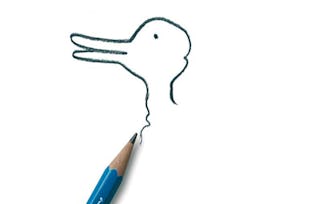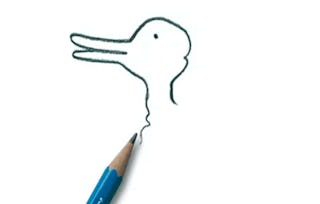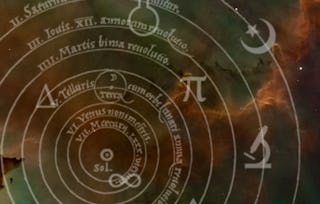Skepticism is about doubt, and doubt is everywhere in the world around us today. There are doubts about whether man-made climate change is real, whether vaccinations are harmful, whether we can trust our politicians or our media, and so on. When is such skepticism warranted, and when does it stray into unreasonable territory? How widespread can such skepticism get while still being coherent? How might a radical skepticism have pernicious social consequences, such as by leading to relativism (and just what is relativism, and what is problematic about it)?

86 reviews
Skills you'll gain
Details to know

Add to your LinkedIn profile
See how employees at top companies are mastering in-demand skills

There are 4 modules in this course
We will begin this course by exploring the nature of Skepticism through an investigation of foundational concepts of truth and knowledge. We'll also discuss how current issues in public debate (climate change denial, fake news etc) trade on Skepticism; but how a moderate skepticism can also be a force for good.
What's included
8 videos1 reading3 assignments3 discussion prompts
How does one know that we are not a Brain-in-a-Vat? And how can we know that we are or are not? In this module will explore what kinds of things can, and cannot, motivate skeptical doubt. We will also review the radical skeptical hypotheses, and why we can’t rule it out. We'll conclude by discussing the radical skeptical paradox.
What's included
3 videos1 reading3 assignments1 peer review1 discussion prompt
So how does one respond to radical skepticism? In this module we will discuss strategies for responding to the idea that knowledge is impossible. We will also examine the contributions of the Austrian philosopher Ludwig Wittgenstein on the possibility of global rational evaluation.
What's included
3 videos1 reading3 assignments1 discussion prompt
What does Skepticism have to do with "the good life"? In this module we will learn from Aristotle, an Ancient philosopher that believed that the good life is a life of virtue. We will explore how intellectual vices and virtues go hand-in-hand with moderate Skepticism.
What's included
7 videos1 reading3 assignments1 peer review1 discussion prompt
Instructor

Offered by
Explore more from Philosophy
 Status: Preview
Status: PreviewErasmus University Rotterdam
 Status: Preview
Status: PreviewThe University of Edinburgh
 Status: Preview
Status: PreviewErasmus University Rotterdam
 Status: Preview
Status: PreviewThe University of Edinburgh
Why people choose Coursera for their career

Felipe M.

Jennifer J.

Larry W.

Chaitanya A.
Learner reviews
- 5 stars
82.55%
- 4 stars
10.46%
- 3 stars
2.32%
- 2 stars
2.32%
- 1 star
2.32%
Showing 3 of 86
Reviewed on Nov 1, 2022
It was super journey! Thanks to Coursera instructor for your great input.
Reviewed on Jan 10, 2021
This course gives a very comprehensive of the topic of skepticism.
Reviewed on Jan 28, 2025
I really liked the panel discussions. Listening to different angles of skepticism was wonderful and helpful

Open new doors with Coursera Plus
Unlimited access to 10,000+ world-class courses, hands-on projects, and job-ready certificate programs - all included in your subscription
Advance your career with an online degree
Earn a degree from world-class universities - 100% online
Join over 3,400 global companies that choose Coursera for Business
Upskill your employees to excel in the digital economy
Frequently asked questions
To access the course materials, assignments and to earn a Certificate, you will need to purchase the Certificate experience when you enroll in a course. You can try a Free Trial instead, or apply for Financial Aid. The course may offer 'Full Course, No Certificate' instead. This option lets you see all course materials, submit required assessments, and get a final grade. This also means that you will not be able to purchase a Certificate experience.
When you purchase a Certificate you get access to all course materials, including graded assignments. Upon completing the course, your electronic Certificate will be added to your Accomplishments page - from there, you can print your Certificate or add it to your LinkedIn profile.
Yes. In select learning programs, you can apply for financial aid or a scholarship if you can’t afford the enrollment fee. If fin aid or scholarship is available for your learning program selection, you’ll find a link to apply on the description page.
More questions
Financial aid available,
¹ Some assignments in this course are AI-graded. For these assignments, your data will be used in accordance with Coursera's Privacy Notice.


